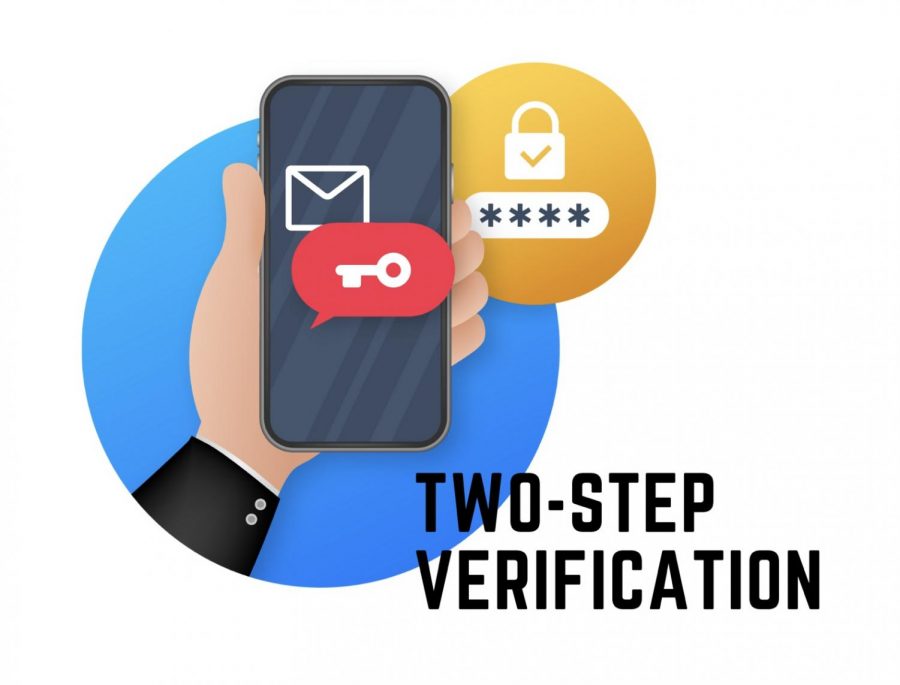Do Your Part, be Cyber Smart
November 8, 2021
October is National Cyber Security Awareness Month. COD is one of the many colleges that does everything it can to protect students’ databases from any cyber criminal activity. And, now, COD administrators are calling on students to become part of the effort.
As of Nov. 1, all COD students must complete a two-step verification form every time they log into their student email (dupage.edu). Keith Conlee, chief security officer of COD, said this process is an excellent way to protect our personal information.
Conlee came to COD 19 years ago, and his job centers around making sure student data is protected. The two-step verification process makes it more difficult for students to access their campus email, but Conlee said that’s a good thing.
“If it’s not easy for the students to log in to their email, then it’s definitely harder for the hackers,” said Conlee.
The network services group of COD created the two-step verification process. This new process would require students to log in with different types of information, such as providing an alternative email or phone number.The faculty and staff have had the two-step authentication since 2020. With this action, criminals can’t log in to the accounts because they can not access the second form of verification.
When it comes to scams and hacking activities, people are mostly familiar with scam emails. Nowadays, criminals use a variety of ways to connect with individuals. They use texts, phone calls, emails and websites to draw your attention. What people must look for are called “red flags.”
“Red flags, for example, can be the time and the day that an email was sent to you,” said Conlee. “Non-office hours and holidays are the most common time frames that hackers use to contact you with an emergency matter. People should think of four basic questions starting with when, what, how and from whom they are receiving the message.”
A lot of people cannot resist scams because of the strangeness of the message or because of their curiosity. This is what criminals are counting on. They rely on people’s emotional response to a message that is asking them to either pay a tremendous amount of money or suffer legal expenses. Both the questions they are asking and the urgency that they are trying to imply from the messages are red flags for scams.
Identity theft and fraud reports are rising every day. According to a report by the Insurance Information Institute, during the years 2016-2020 almost 5 million individuals filed cyber-related complaints. In 2020, 46% of the reports were fraud complaints, 29% involved identity theft and 25% other consumer objections.
Important steps to help students prevent criminal activities are to update their password often, and always have a two-step verification process. For these matters, COD’s student help desk is always a great source to find answers to your questions.
If you suspect criminal activity on your college or personal email accounts do not hesitate to ask for help. The best thing to do is change all your passwords and file a police report. If the crime is connected to your banking information, immediately contact your bank and report the criminal act.
Police Department of COD: cod.edu/about/police_department
Student Help Desk: cod.edu/student_life/resources/information_technology/hours.aspx
More information on how to prevent and be protected from cyber lawbreakers visit: cod.edu/student_life/resources/information_technology/security/




















